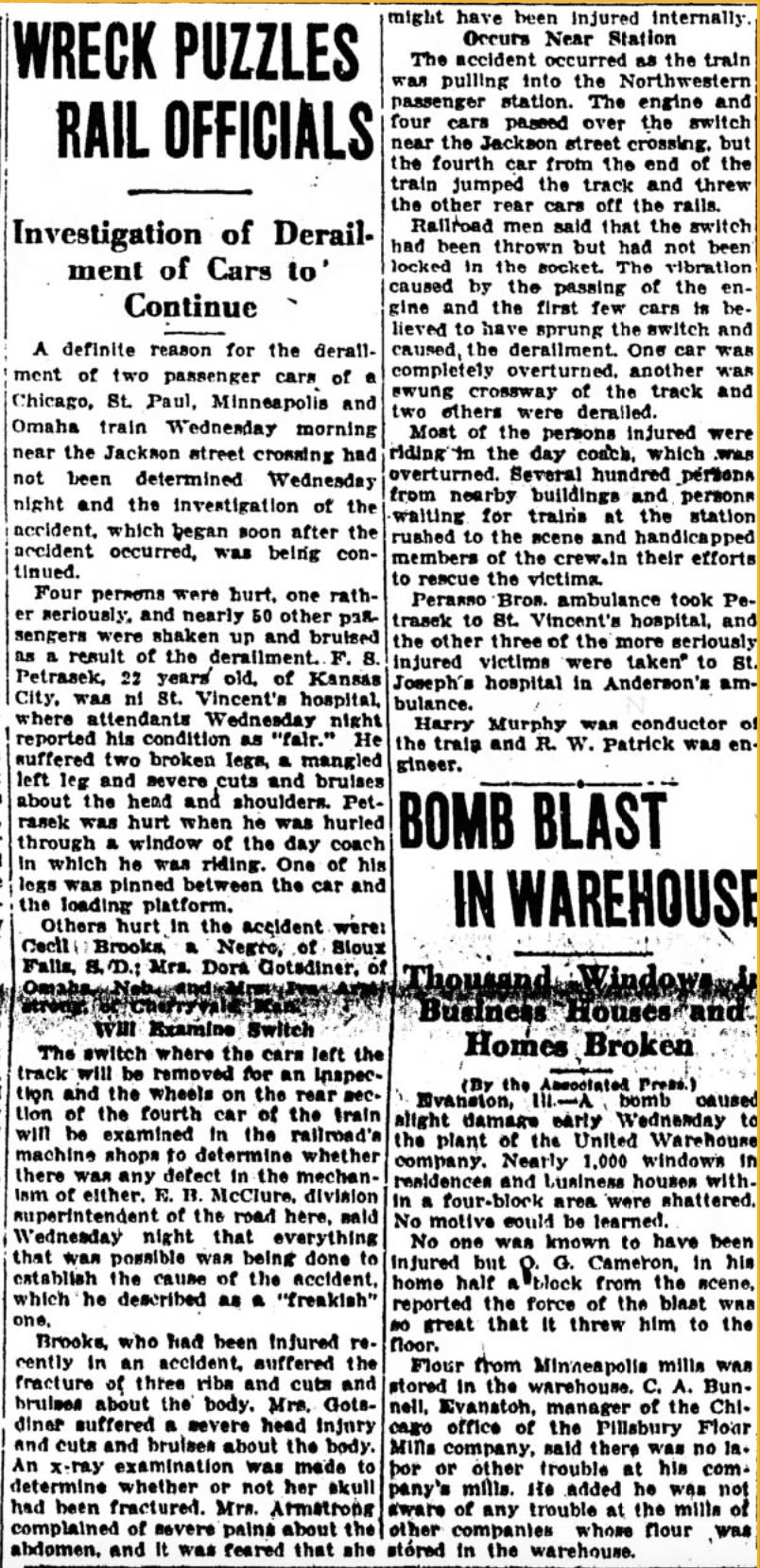Pt. 1: The Short Life of Alois F. Petrasek
Part 1 of a 2-part story about my great-granduncle.
Alois was my father’s granduncle, whom he never met, who was never talked about and, as it turns out, no recent relative even knew existed!
Alois’ Life Begins When His Mother’s Ends
My great-grandfather's younger brother was born 19 July 1908 in a tiny house at 407 Duke Street in St. Paul, Minnesota. The home was filled with seven other children whose father worked long and hard to pay for the home and the food to feed his growing family. And now, despite having birthed eleven previous children with no issues, their mother had died birthing her twelfth.
Amidst the shock of the unexpected loss, the baby’s birth was recorded with an incorrect spelling of the last name and no first name at all. Eventually, though, the baby was named Alois (pronounced Aloe-eas) Frank Petrasek. His siblings were named Ludmila, Stephen (who was my great-grandfather), Joseph, Albert, Marie, Rose and Stanley. There were also four siblings who died long before Alois was born.
The name Alois is Slavic in origin and means “famous warrior” — given the conditions of his birth, the name seems fitting.
Alois' father, Frank, worked as a Moulder at the St. Paul Foundry Company. His grief ran deep, though he buried it in the long hours and the delegation of household responsibilities -- including that of his newborn son -- to his eldest child, daughter Ludmila (nicknamed Lottie.) It was mid-summer when her baby brother Alois was born and her mother Anna died, but she knew without being told that she'd need to drop out of school to maintain the household and the younger siblings. Lottie was sixteen years old.
When Lottie married John Kubes in 1913, Alois, merely five years old, joined the couple in their new household. John was the proprietor of The Sanitary Grocery Store and he worked as much as 90 hours/week to keep the business profitable. Lottie devoted her attention to Alois' needs. He attended school, but eventually dropped out in the early high school years. This may have been a disappointment to Lottie who had been forced to withdraw from school herself to care for him. In 1925, at age 17, Alois had moved back with his father (a four-minute walk from Lottie and John) and was working as a Messenger.
By 1930 Alois, aged 22, was out of both Lottie's and his father's households. Perhaps the Great Depression drove his desire to not be a burden on the households of those he loved. He was not recorded on any nearby census records (Minnesota, Wisconsin, Iowa or Dakotas.) Indeed, he had gone as far as Kansas City, Missouri, living as a lodger at the Marquette Hotel and working as a clerk in a tire shop. It doesn't appear that he had traveled with any friends or family from Minnesota, as the other lodgers noted on the 1930 census were not from Minnesota and many were from as far away as China, most likely being transient railroad workers. Whether the need for gainful employment or the curiosity of experiencing life in the heart of the dust bowl, life in Kansas did not last long.
On Christmas Eve 1930 in Sioux City, Iowa, Alois was seriously injured when a Chicago and Northwestern Railroad passenger coach went off the tracks in the railroad yard. One car was overturned and two others were derailed and about 50 feet of tracks were torn up.
The Des Moines Register reported that Alois suffered a fractured leg and body bruises when the corner of the car that overturned struck him while he was standing on the station platform. While the same day, the Sioux City Journal reported two broken legs, a mangled left leg, severe cuts and bruises about his shoulders that were incurred when he was "hurled through a window" of the day-coach in which he was riding. One of his legs was pinned between the car and the loading platform.
No matter which paper reported it accurately, Alois was taken to the hospital by ambulance.
Believe it or not, this was not the worst thing to happen to Alois. In part 2, we see the challenges that he faced after four months of recovery in the hospital.





I wonder what effect being the child whose birth resulted in their mother's death has on people? I guess it depends on their upbringing. It sounds like Lottie cared for him well. I wonder how he got on with the others? Looking forward to Part 2.